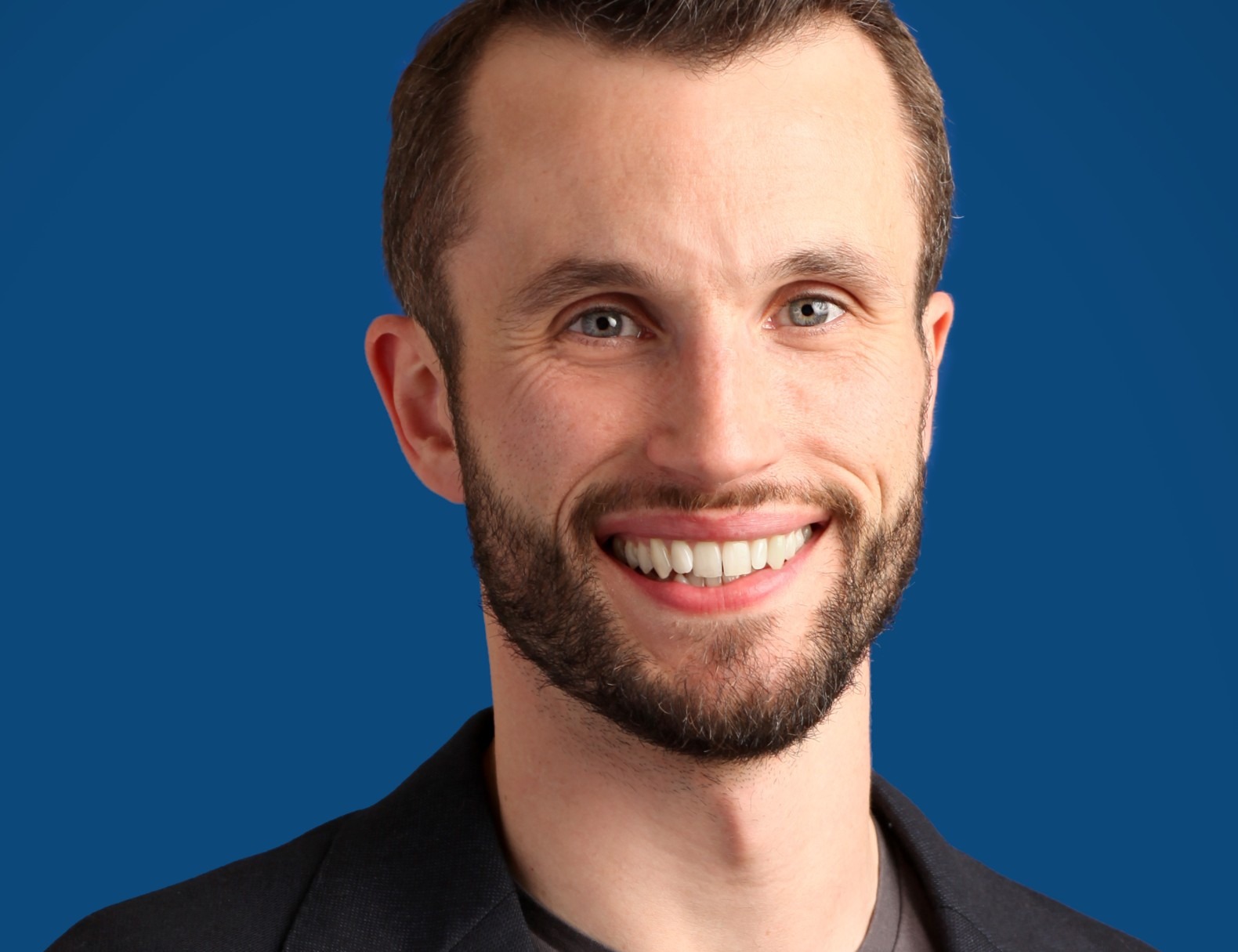On March 12 2020, Robert Fenton sent out his first pitches to potential venture capital investors interested in backing his eight-year-old business, Qualio. It was a time of great fear and confusion as the Dow Jones Industrial Average plunged by 10 per cent in just hours as the American markets began to realise that Covid-19 was not going to be constrained to China. “I screenshotted on my phone the lead story from The Wall Street Journal,” Fenton tells me, adding that the headline on this story was a bleak one: “Stocks plunge 10 per cent in Dow’s worst day since…
Cancel at any time. Are you already a member? Log in here.
Want to read the full story?
Unlock this article – and everything else on The Currency – with an annual membership and receive a free Samsonite Upscape suitcase, retailing at €235, delivered to your door.

